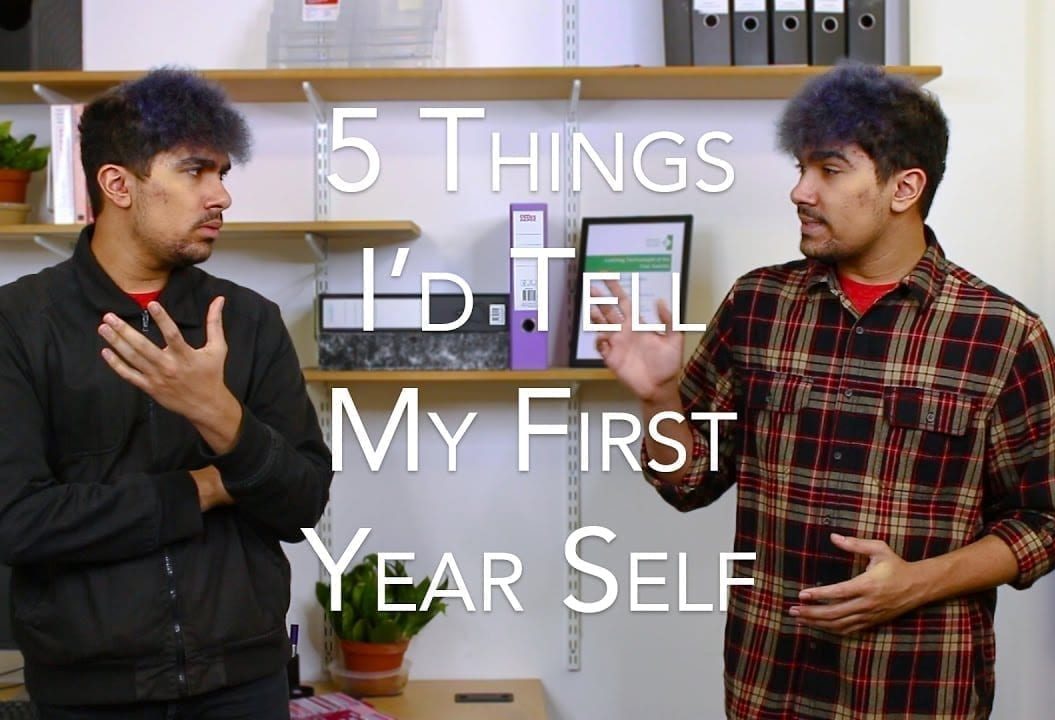
How to Make a Productive To-Do List
To-do lists are really beneficial when studying, they keep workload organised and adds structure and satisfaction. I find when I have a large workload, making a to-do list automatically makes it seem more manageable. It is also a good way to get work off your mind, I find it far easier having a physical list rather than trying to remember what work to do for when. I am going to share with you a few tips I use to produce productive to-do lists which aids my studying.
Realistic Time Frame:
Ensuring a realistic time frame is really important. There is no point creating a huge to-do list when realistically only half can be completed in a day – this may leave you feeling unsatisfied and that you have unachieved. I find it is more beneficial to create smaller to-do lists that you are realistically going to meet, alongside extra tasks that you can complete if you have time. I find this is more beneficial, especially by completing these extra tasks as it makes you feel like you have achieved more than you anticipated – rather than the other way round.
Order:
The order of the list is crucial, I organise mine based on priority and preference. Priority will ensure that the work I need to complete by a certain date gets completed. Preference ensures I am happy with the order; I like to organise mine by difficulty so will spread out the more difficult pieces of work amongst ones I perceive to be easier to almost give myself a break in between. This ensures I do not get too burnt out.
Sub List:
Another way to increase work satisfaction is to have a sub-list alongside your main list. For example, if one of your tasks is to write an essay, make a sub-list of the elements that that will involve, such as research, planning the structure, referencing etc. This will break the task up into more manageable sections, making it seem less overwhelming by focusing on just one aspect at a time.
Reward List:
Having a large workload can sometimes leave you feeling burnt out, this is when having a reward list can help. The idea is that you make a list of all the activities you enjoy doing, e.g., go for a walk, bake a cake, watch an episode of your favourite show – for every piece of work you complete you must also complete something off your reward list. I find this a nice way to ensure you take enough breaks especially as it can be difficult sometimes when you just want to finish your workload, but breaks in-between studying are really important, they will likely increase your concentration and thus the quality of work – as well as your enjoyment!
All of these tips help me to keep on track of my workload and structure my days enabling me to complete the work I need to without becoming burnt out – hopefully you will find these helpful too!




